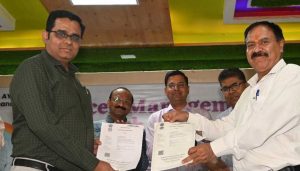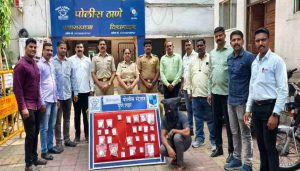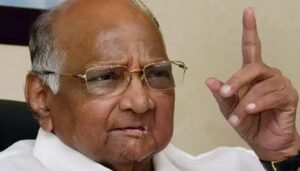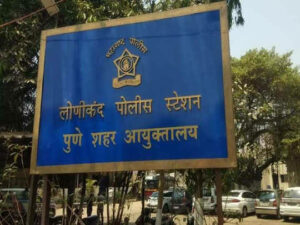Scoliosis is not an enigma! Read what you need to know about it!
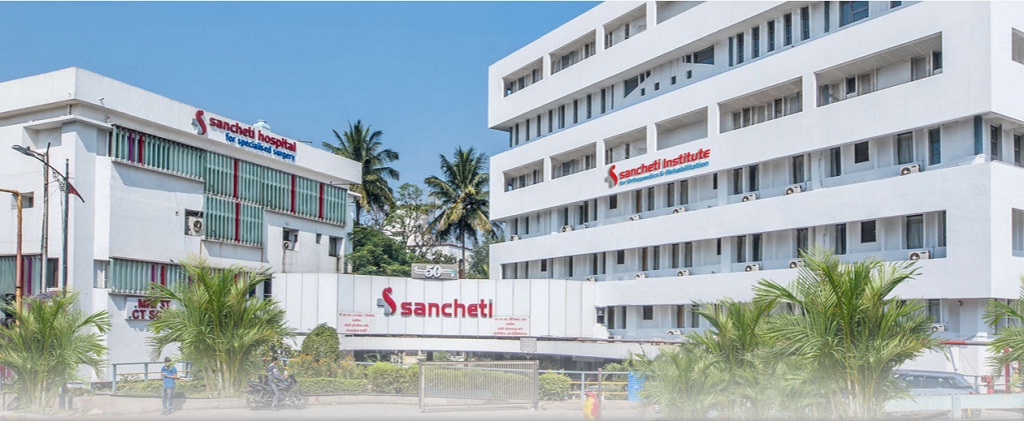
Dr. Shailesh Hadgaonkar, Head of Spine and Neuroscience Department at Sancheti Institute of Orthopedics and Rehabilitation, Pune
Pune, June 30, 2020: We all have seen an individual in our life with a hunchback. But not all are aware of its causes and prevention.
In many cases, people with a hunchback are not able to live an independent life. The appearance of body posture makes a person feel less confident about oneself. But the condition which can be controlled and treated is still not enabling many of those suffering with it.
Every year, June is celebrated as a scoliosis awareness month. Only when awareness is created about the condition, will more and more people come forward for the treatment. Also, awareness is the key to early detection and prevention.
Many in India develop a condition called ‘scoliosis’. In this condition, people develop an excessive outward curve of the spine which results in an abnormal rounding of the upper back. The hunchback affects the quality of life in such patients. Many then become dependant on the family to do day-to-day tasks.
Symptoms:
Uneven shoulders
Uneven waist
One hip higher than the other
When to see a doctor: If you see any of the above symptoms in your child then you should immediately visit the doctor.
Causes: The cause for the most common type of scoliosis is still not known. Although factors like family history, neuromuscular conditions, birth defects, etc are some of the causes for scoliosis.
Treatment: The age of a person, the degree of the curve, and the type of the curve determine the treatment for any person with scoliosis. Not all people require surgery. The majority of the cases can be managed well without surgery. There are many advanced medical procedures that help a person with scoliosis lead an independent life.
There are some exercises that minimize the progression of the spinal curve. Swimming, yoga, stretching, deep breathing exercises are also helpful. Regular follow up with the doctor helps for monitoring the condition.
Prevention: Experts mention that lack of screening facilities to catch the disease early is still a challenge in India. In most of the cases, it is detected at a much later stage, when the curvature of the spine is visible and severe. This kind of deformity can be prevented in many cases, had they been screened early in their childhood. We at the Association of Spine Surgeon of India, in the Pune city, are planning to organize school level screening camps. Early detection is the key to the prevention of scoliosis.

